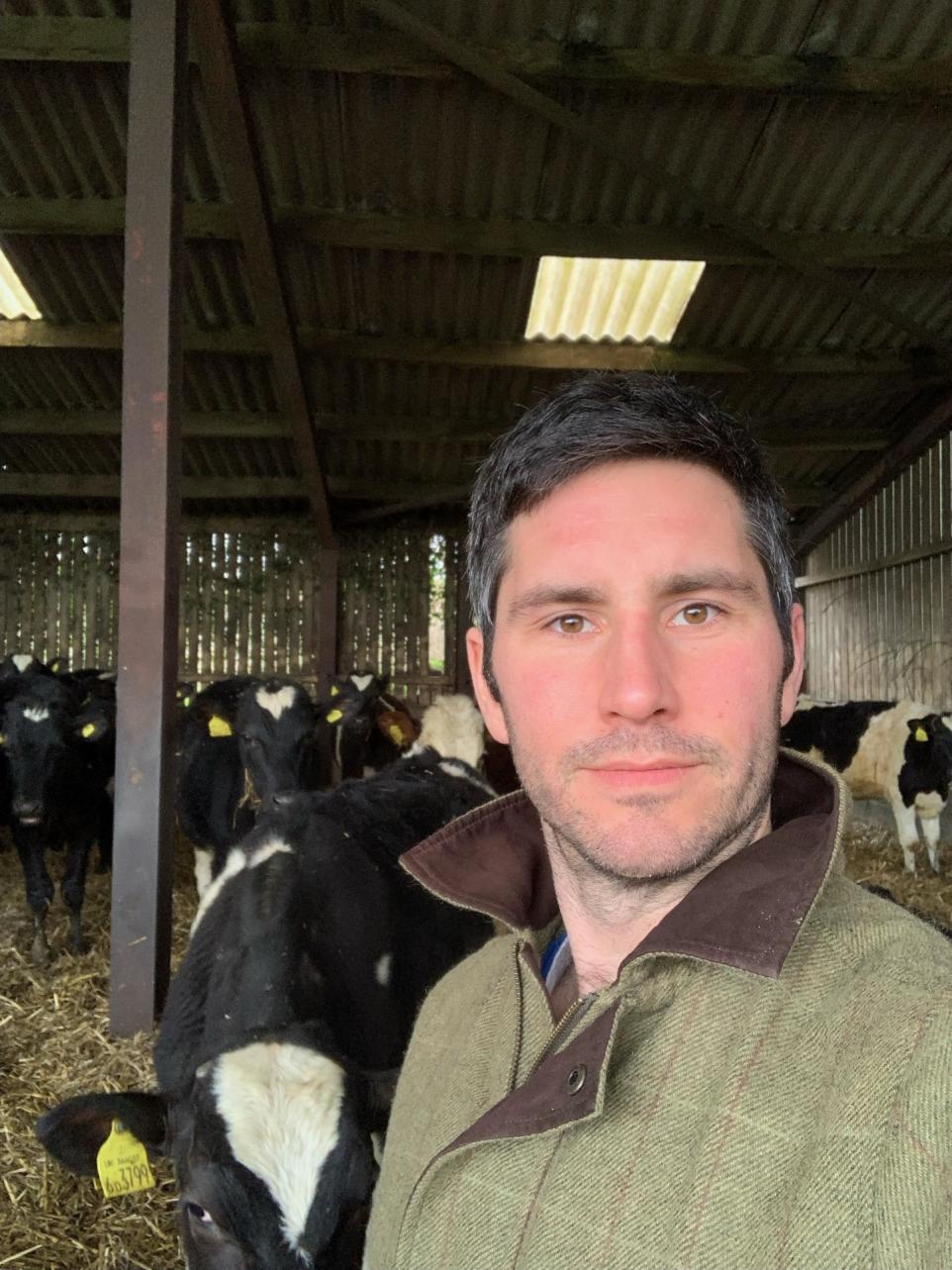Optimising lifelong productivity
Calf Research has shown that the way a dairy calf is cared for in its early life stages can have major and long-lasting effects on the lifetime trajectory of that animal. This has significance not just at the farm level, but throughout the industry, where issues such as animal welfare, animal diseases and food safety can have substantial consequences.
Improvements in calf rearing will play a crucial role in the future sustainability of British dairy produce. Many problems exist in current calf rearing systems which threaten to restrict the sustainable development of dairy cattle in the UK. When managed incorrectly, dairy calves are susceptible to a range of health and welfare issues associated with inappropriate nutrition and weaning that can have long term impacts on the lifetime productivity of that animal in the dairy herd.
Calf Research & Innovation Facility
Agri-EPI has made substantial investments in the Calf Research & Innovation Facility, a joint venture with SRUC to facilitate the measurement and management of key elements in calf rearing to optimise lifelong productivity. Colostrum management is the foundation of successful calf rearing. Colostrum contains high concentrations of protective antibodies to support a calf’s immunity, as well as a range of other constituents which are crucial to calf growth and development. Factors such as quality and amount of colostrum, as well as the timescale over which colostrum is delivered can all impact the future health status of an animal.
Getting right the energy and nutrient requirements of each individual animal goes far beyond colostrum. Dry feed, forages and water, as well as supplements and milk replacers also make up significant areas of the calf’s diet and all impact on animal health. Recent research findings suggest that the gut microbiome of the dairy calf is the key opportunity to improve early life gut health.

In partnership with you
The overarching aim of Agri-EPI’s dairy work is to develop and trial precision technology and techniques which support sustainable and productive UK milk production. Under an imminent Agricultural Policy reform, British dairy farmers will be required to constantly adapt, innovate and invest to ensure security for the future of the industry.
Agri-EPI’s Calf Research Facility, at SRUC’s Crichton Royal Dairy Farm in Dumfries, allows the daily monitoring of a calf’s consumption of milk, water, forage and concentrates, and its weight gain. Weigh cells in individual feeders record each calf’s intake every time they eat or drink. The data gathered by the units within the facility can be combined with data from ‘animal-mounted’ sensors, such as anklets recording an animal’s activity levels. The result is a comprehensive picture of an animal’s health and development, and how changes to intakes may influence these factors longer-term. The facility also creates opportunities for longer-term research into how different nutritional strategies may influence an animal’s lifetime health and productivity. For example, by considering how different milk formulations may impact on an animal’s growth and productivity.
Agri-EPI and SRUC are keen to partner with individual farmers, calf feed manufacturers, dairy cooperatives, processors, retailers and the wider supply chain to undertake research and trials to develop the latest technologies and techniques in calf rearing.
Example areas for research and trialling at the facility include:
- Feed trials
- Microbiome
- Growth performance
- Nutrient digestibility
- Blood biochemical indices
- Rumen development

For more information about our Calf Research Facility at SRUC Crichton Royal or to discuss a project/trial idea, please contact Kasi McReddie, Agr-EPI Centre Business Development Manager – Livestock.




